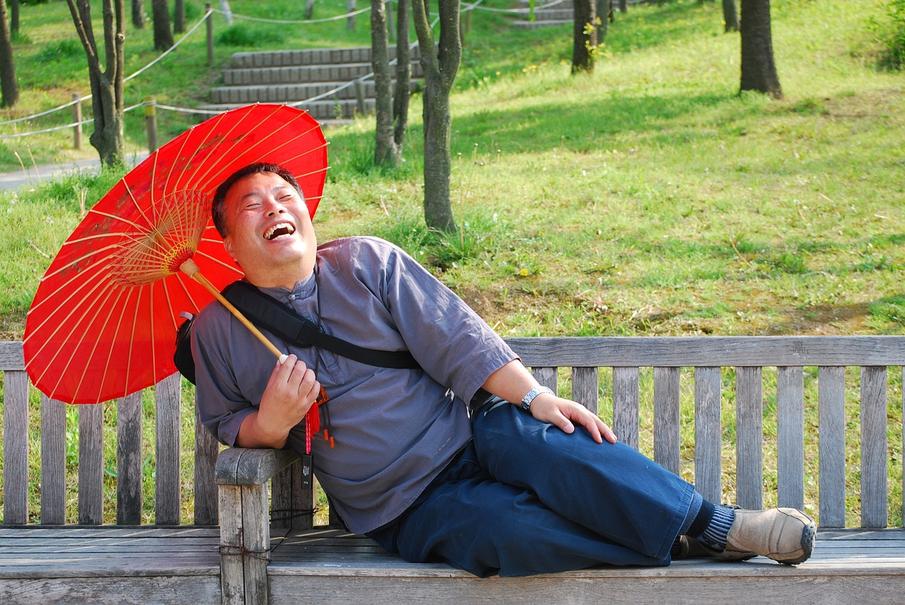Be Prepared: Good Advice for Those Likely to Live Longer Than We Think We Will. Join the Livingto100.Club
by Joe Casciani
An eye-popping statistic from the medical journal, Lancet, has predicted that many 50-year olds living in Great Britain are only halfway through their lives. In a recent book, When We’re 64: Your Guide to a Greater Later Life, Louise Ansari cites this statistic and others when writing that getting older doesn’t have to mean that it all goes downhill. But, she cautions that most of us are not ready for these extra years. Louise is the Director of Communications at the United Kingdom’s Center for Ageing Better.
What she documents in her book are strategies and tips to prepare for the strong likelihood that we will live longer than we anticipate, at least from a British point of view. Preparation, anticipation, and prevention appear to be the three themes resonating in her recommendations.
I thought it would be helpful to describe her tips for transforming our later years in order to be better prepared for the inevitable changes that occur in our aging bodies. Although they come from a researcher and “anti-ageing” expert in Great Britain, I think we can assume that these recommendations have a universal appeal:
* Reversing muscle mass loss through physical activity and simple exercises – 30 minutes of moderate aerobic exercise a day. Whether it’s sports activity, shopping and carrying the groceries home, heavy gardening, walking up a flight of stairs 20 times a day, or even standing on one foot when brushing your teeth
* Keep it easy to get around– the author touts the ”20-minute rule” – where can you reach within 20 minutes of walking, driving, public transportation, or bicycling – and prepare yourself for what can happen when you no longer want to or can no longer drive, make necessary modifications in your home in advance (a walk-in shower, cupboards within easy reach).
* Mental stimulation and improvements in cognitive health – take up a new skill or hobby, learn a new language, and practice this new skill up to five hours a week and make sure it’s fun.
* Stay connected to others – whether thru clubs or exercise groups, the recommendation is to stay sociable, while also being mindful to replenish the circle of friendships, since others may leave the circle. An added suggestion is to keep your network comprised of people of different ages – who offer different perspectives and bring new learning opportunities. And, be sure to maintain that healthy relationship with a partner, sharing both common interests and independent interests, and spice up your sex life along the way.
* Remove the extra weight – to reduce the risk of heart disease, stroke, some cancers and diabetes, learn how to watch caloric intake, with a more current recommendation of 1,600 total calories a day, down from the usual 2,000 for women to 2,500 for men. And, of course, alcohol in moderation, with some medical professionals now recommending two alcohol-free days a week.
* Financial security – the author stresses the importance of being prepared for living longer, and making sure our financial resources and savings are enough to live comfortably for the extra 10-15 years that come with our cohort generation.
* Be aware of our own “internalized ageism”: a distaste or revulsion about old age – the author references a study at Yale University that showed that negative attitudes toward ageing – our own and others’ – can take seven years off our life. As we hear the familiar refrain that negative thinking about our getting older, lowering our expectations, and imposing false limitations on our functioning all take their toll on how well we manage setbacks and overcome obstacles ahead. Positive thinking about getting older can effectively help us live longer.
These are recurring words of advice about successful aging. Clearly, the physical, mental, and social aspects of our lives are intertwined, and the way we manage each throughout our later years will probably affect the likelihood of living to 100. Join the Cub.
The author’s book is available on Amazon.

